Leave your bicycle helmet at home for cycling in Portugal, or not
Portugal. Finally! A break, a change, fresh air after a long time cycling through Spanish lands.
Spain has diversity and sharp contrast between regions, but crossing the border to a new country, different language and unknown traditions are always welcome. Even when the differences are small like in this case.
It might sound funny coming from a Spaniard, but after traveling around most of Europe and putting my feet on around 40 countries; I had never gone before to the neighbor one! I had never been in Portugal before. It was time!
Helmet is not mandatory for cyclists
Oh yeah! I am not going to lie to you, the main reason for going to Portugal as soon as possible was to be able to get rid of my bicycle helmet and use a hat. The heat was killing me in the early summer and being so many hours under the bright sun was a penitence.
I was extremely happy of being able to use my hat without having to worry about police, tickets and other bullshit. Yeah, it is safer, kind of; but I prefer to avoid skin cancer since it is a more likely problem when riding so many hours under that sun, and so slow.
Cycling through empty roads on the mountains of Portugal
Lovely roads going up and down the mountains and hills, with barbecue areas next to it and barely no cars to share the tarmac with. Good thing considering the tarmac wasn’t at its best.
First Portuguese town: Guarda
After a couple of nights wild camping we arrived at Guarda, where we were meeting with a Couchsurfing host. Guarda is the highest town of Portugal, and it is settled over a hill. The highest point of the town is the church square.
- Where do you think our host would suggest us to meet with that information?
- Bingo! In the church. And do you know where did he live?
- Of course! At the bottom of the hill!
Pushing a few extra hundreds of meters climb wasn’t such a big deal anyways, but probably funnier with a lighter bike. Anyways, it felt like Guarda was not a very friendly cyclist town. We barely show anybody else with bicycles. It is a very lively city, with quite a lot of artists and museums.
Up and down to Viseu
After one-day wild camping, again, we arrived at another Couchsurfing host. A Polish-Irish couple who was staying in the awarded as best Portuguese town to live in.
We had a great time staying with them and we share multiple chats and dinners, and we even make an attempt to go out for a beer. But the everywhere-smoking bars were too much for us.
The Portuguese coast: Aveiro
We made it to Aveiro following a cycling path for a while and riding between mountains and next to some river. We got there sweaty and tired! But we had a great time with another couple, this time from Warmshowers.
Aveiro was the most touristic town we had ever been in Portugal, but it didn’t feel that bad once you are staying there with friends and not in the central areas. They just tried to rent us a boat a couple of times.
Cycling into Porto during a football match
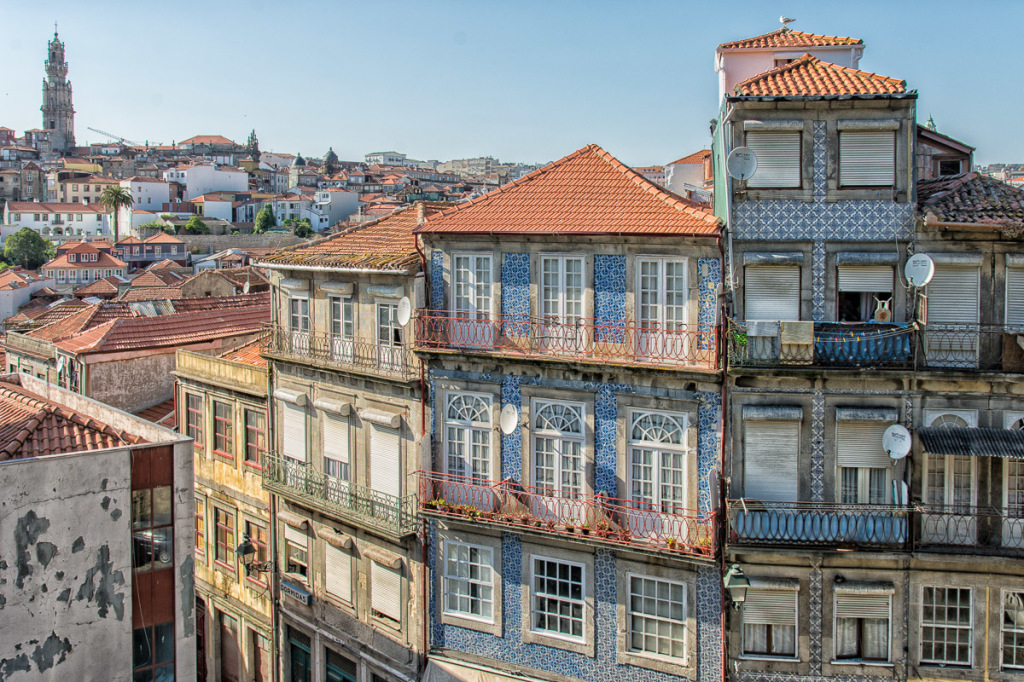
Porto has something special. It has a charm, a particular beauty. It is not especially nice under normal standards. It is not well preserved, it is a bit in ruins, it is dirty, it is chaotic… But all that makes it real, and all the colors and smiles give its own charm.
It was fun to arrive at Porto when Lisboa football team was playing a final against Sevilla. The fun was watching to all the Portuguese, from Porto, supporting the Spanish team instead of their own. Making jokes and laughing at their neighbors.
I always thought that rivalry between Barcelona and Madrid was too much, but this was a completely superior level of hatred.
Portuguese beaches direction to Galicia
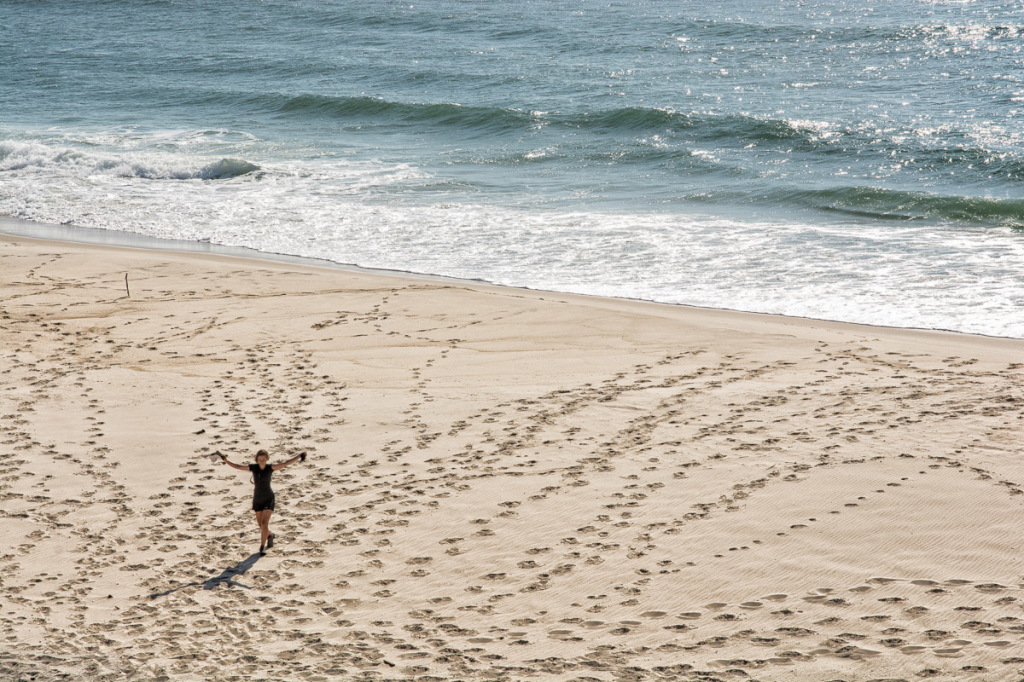
A couple of days in the Portuguese coast, wild camping, sunbathing and enjoying the sea was enough. We had had a great time cycling through Portugal and it was time to keep cycling, this time around the Spanish brothers of the Portuguese people: the Galicians.

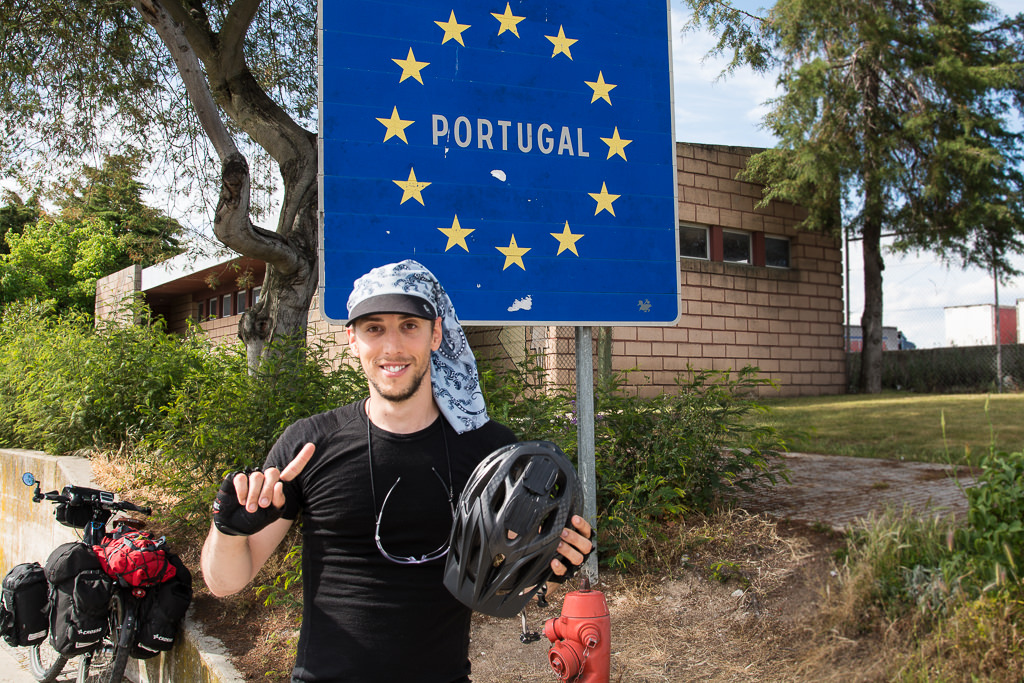
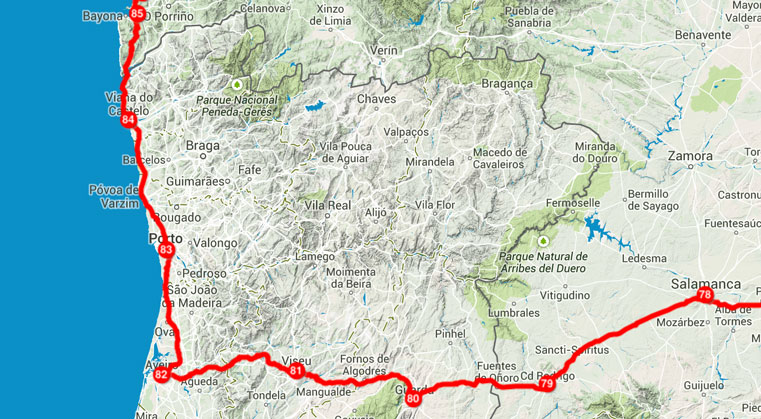
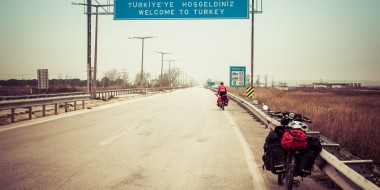
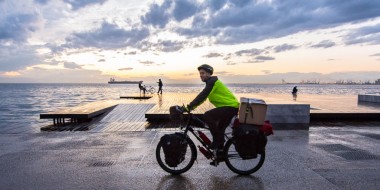
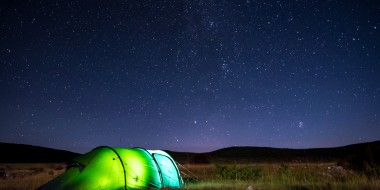
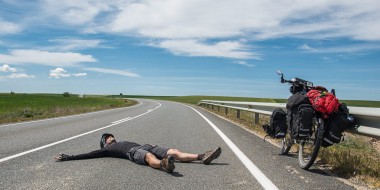
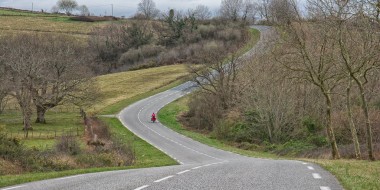
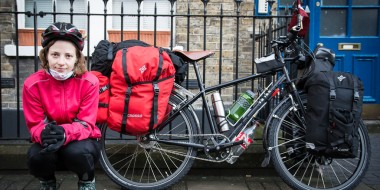
October 12, 2014 @ 09:56
No! Never leave your helmet never. It will save your life that ONE time you needed it
October 12, 2014 @ 14:47
It’s worth adding that in Spain you do not have to wear a helmet in villages, town or cities. And even on roads outside of cities you can legally take your helmet off if you are climbing a hill, or if the weather is hot.
In fact, the Guardia Civil (the main police force in rural areas) long since gave up trying to enforce the helmet legislation. I have crossed Spain twice by bicycle over the past three years without wearing a helmet and the police haven’t stopped me once.
In theory, if you do get stopped the fine is 200 euros (50% discount for prompt payment). However, I don’t know anybody who has been fined.
October 12, 2014 @ 15:32
Thank you John,
The actual law says that you can only go without helmet on cities, and each city hall can regulate differently. Forbid cycling here and there, or allow everything. The law saying that you can take the helmet off when climbing or when it is too hot was the former one.
All this taking about laws, what the police enforce in the end is another topic, and it depends a lot on the mood and the pressure from their bosses at each moment, so it is not possible to generalize and, as you say, there is a risk of being fined for 200€.
I was taking off the helmet sometimes in Spain, but I was always checking for police around and stopping and putting it if I was saying a police control further away on the road.
Being a foreigner probably you could just go away from Spain without paying the fine, anyways. Being Spanish I couldn’t have a bank account or anything on my name for several years to avoid the fine if I get a ticket.
June 3, 2015 @ 07:40
Hello my friend! I want to say that this post is awesome, I loved reading about your experience in Portugal, beautiful country with great people. Great written and include almost all vital infos for traveling by bicycle in Portugal. I’d like to look more posts about your bicycle touring experience.